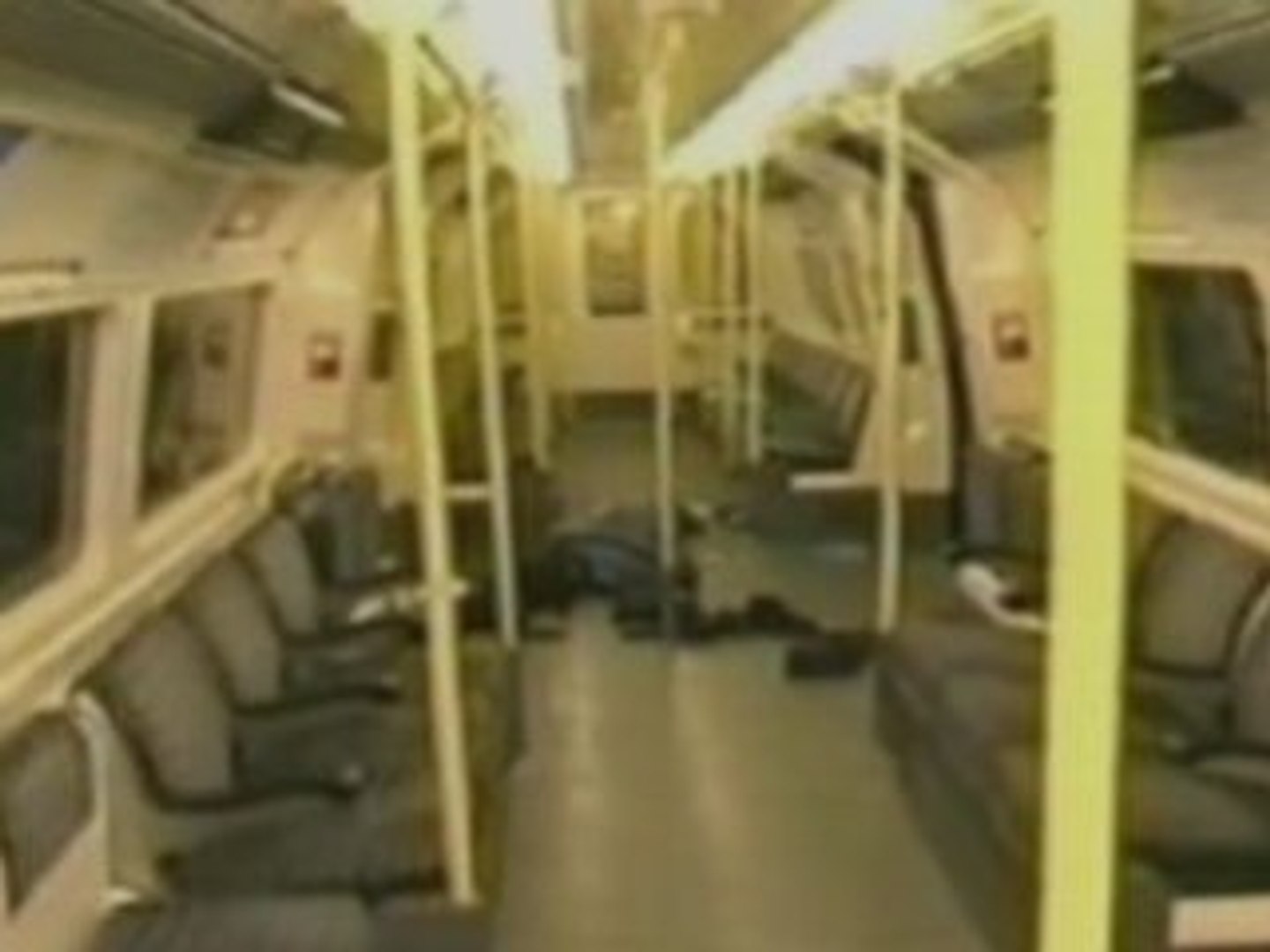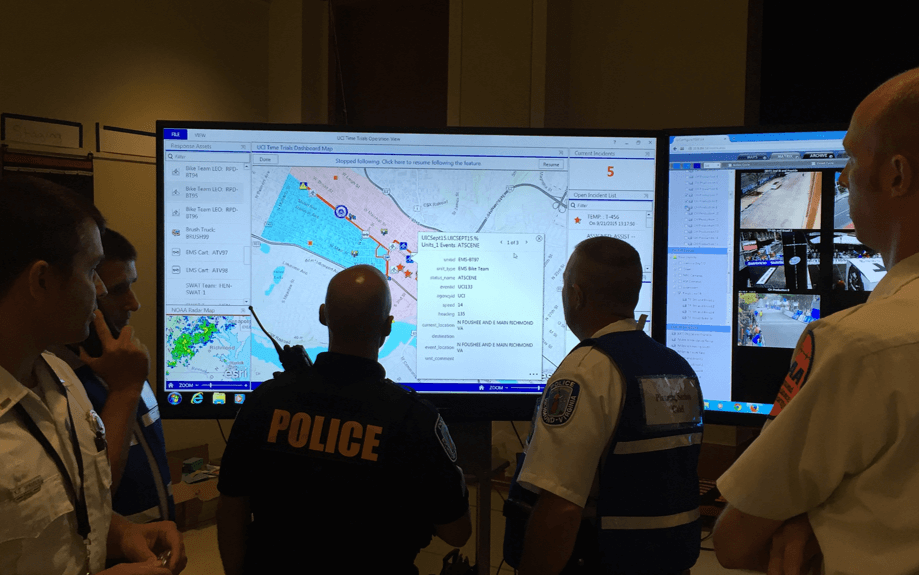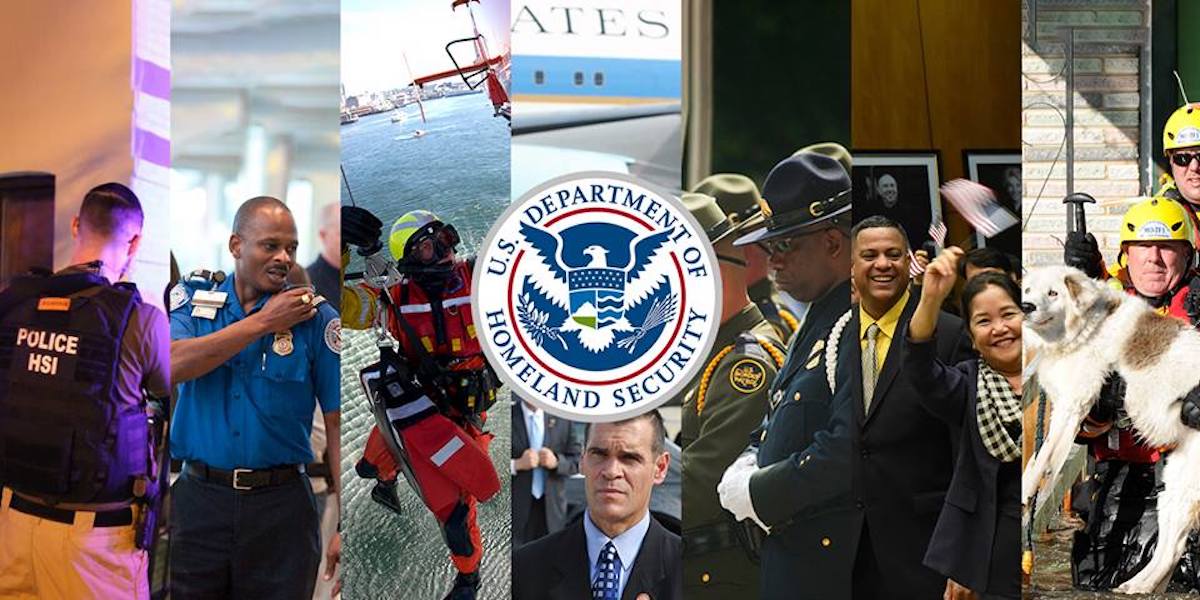A great deal has appeared in the British press regarding the very tragic death of the Brazilian, Jean Charles de Menezes, on the 22nd July 2005, particularly as a result of the successful prosecution at the end of 2007 of the police at Scotland Yard under Health and Safety legislation and the publication of the British Independent Police Complaints Commission’s report. No doubt, issues of H&S and the work of the Commission will now figure to a much greater extent in future British crime thrillers.
Meanwhile, no one can, of course, should make light of the tragedy nor have anything other than sympathy for Jean Charles’ family yet, whilst there has to be a formal inquest and the IPCC were under a statutory obligation to investigate this case, one wonders why a prosecution was brought under health and safety legislation at all, legislation designed primarily to ensure safety in factories and at fairgrounds, legislation that European law makers specifically allowed for the exclusion of the police in its application and the Westminster parliament argued would never be used in circumstances similar to those that occurred in July 2005. An illuminating view on this case was offered by Professor Waddington of the University of Wolverhampton (see Police Review 23 November 2007 www.policereview.com) who provided detail often overlooked by the press, for example, ‘the delay in activating a firearms response was just two minutes, not a matter of hours’ and that ‘at least one of the CO19 (armed) officers wore a police baseball cap’.
Maybe more importantly, Professor Waddington highlights glaring IPCC oversights and the ‘failure or refusal of the IPCC report to face squarely the acute dilemma in which suicide bombers place police officers’. The professor also criticised the Commission’s approach in which ‘the messy reality of a fast-moving operation is compared invidiously to a perfect world in which everything happens as it should’.
The debate surrounding this shooting will continue during 2008 as the case progresses through the coroner’s and civil courts, but I can’t help thinking of the comments I once heard forty years ago in an English court presided over by the formidable Sir Joseph Maloney who, if I recall correctly, said to the jury: ‘Much play has been made by learned counsel for the defence regarding the actions of the arresting officer. The matter, however, that I invite you to consider is not whether the officer acted correctly or incorrectly, but whether he acted reasonably. In the tranquillity and dignity of this court it may be hard for you to place yourself in the position of this lone officer at night, in a dark, ill-lit, narrow back street, as he sought to grapple with two men whom he suspected of a particularly unpleasant robbery, but I ask you to do so now’. This was only my second arrest and the first time that I had ever appeared before a High Court judge.










